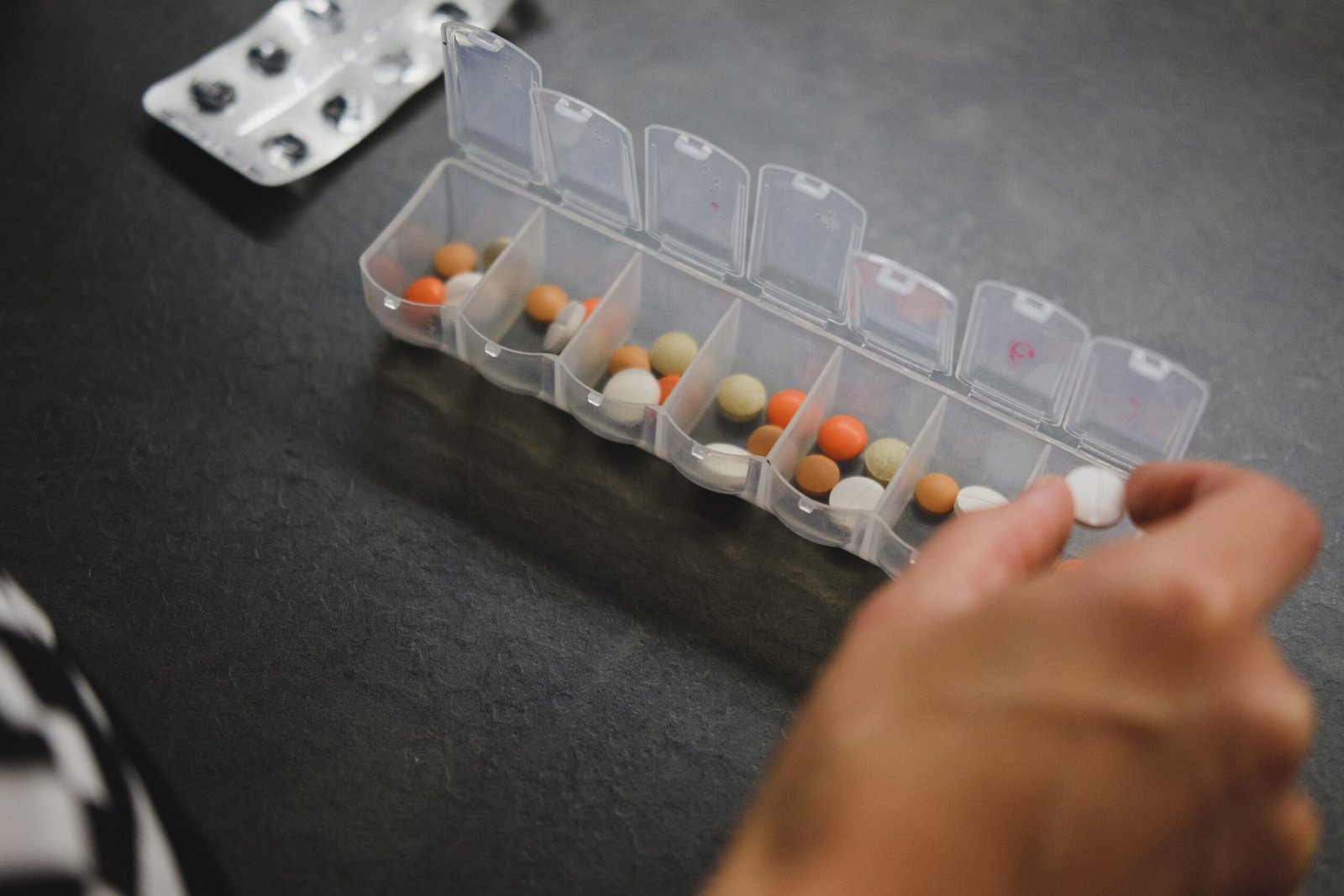When it comes to our health, we all want the best possible treatment. However, in the pursuit of affordable healthcare, many people turn to generic drugs as a cost-effective alternative to brand-name medications. While generic drugs may seem like a convenient and budget-friendly option, there are several reasons why they may not always be the best choice for our well-being.
Find out more about the variability in quality, differences in formulation, lack of bioequivalence, potential for side effects, lack of brand loyalty, and limited availability of dosage forms. Consult with a healthcare professional to determine the best course of treatment for your specific needs.
1. Variability in Quality
One of the main concerns with generic drugs is the variability in their quality. Unlike brand-name medications, which are subject to rigorous testing and regulation, generic drugs may not always meet the same standards. This can lead to inconsistencies in the manufacturing process, resulting in variations in the effectiveness and safety of the medication.
2. Differences in Formulation
Generic drugs are required to have the same active ingredients as their brand-name counterparts. However, the inactive ingredients, such as fillers and binders, can vary. These inactive ingredients can affect the way the drug is absorbed and metabolized in our bodies. In some cases, individuals may experience adverse reactions or reduced efficacy due to these differences in formulation.
3. Lack of Bioequivalence
Although generic drugs are designed to be bioequivalent to brand-name medications, this is not always the case. Bioequivalence refers to the similarity in the rate and extent of absorption of the active ingredients. While the FDA requires generic drugs to be within a certain range of the original drug’s bioavailability, this range can be quite broad. This means that there may be significant differences in how our bodies absorb and utilize the generic drug compared to the original medication.
4. Potential for Side Effects
Generic drugs go through a shorter and less extensive testing process compared to brand-name medications. This means that potential side effects and long-term effects may not be fully understood or documented. As a result, individuals taking generic drugs may be at a higher risk of experiencing unexpected side effects or complications.
5. Lack of Brand Loyalty
Brand-name medications are developed and marketed by pharmaceutical companies that have invested significant resources in research and development. These companies have a reputation to uphold and are more likely to prioritize the safety and efficacy of their products. On the other hand, generic drugs are produced by multiple manufacturers, often leading to a lack of brand loyalty and accountability.
6. Limited Availability of Dosage Forms
Generic drugs may not be available in the same variety of dosage forms as their brand-name counterparts. This can be particularly problematic for individuals who require specific formulations, such as extended-release or liquid medications. In such cases, generic drugs may not be a suitable option, forcing patients to rely on more expensive brand-name alternatives.
While generic drugs may offer a more affordable option for healthcare, it is essential to consider the potential risks and drawbacks. The variability in quality, differences in formulation, lack of bioequivalence, potential for side effects, lack of brand loyalty, and limited availability of dosage forms are all factors that can impact the safety and effectiveness of generic drugs. It is always advisable to consult with a healthcare professional to determine the best course of treatment for your specific needs.
The Truth About Generic Drugs: Are They Really Harmful?
Myth or reality? The debate surrounding generic drugs and their impact on health has been simmering for years. While undeniably more affordable, concerns linger about their efficacy and potential negative effects. But before we jump to conclusions, let’s dissect the facts and understand the nuances of this complex issue.
Demystifying Generic Drugs:
- What are they? Generic drugs contain the same active ingredients as their brand-name counterparts, with identical therapeutic effects. Their lower cost stems from avoiding expensive marketing and research costs associated with developing the original drug.
- The approval process: Rigorous FDA regulations mandate that generics undergo strict bioequivalence testing, ensuring they perform in the body in the same way as the brand-name drug.
So, what’s the potential downside?
- Inactive ingredients: While the active ingredient is identical, generics may use different binders, fillers, and coloring agents. These can affect how quickly the drug dissolves and is absorbed by the body, causing minor variations in how the medication works for some individuals.
- Manufacturing standards: While FDA oversight applies, concerns exist about manufacturing practices in certain countries. However, it’s crucial to acknowledge that reputable generic manufacturers adhere to stringent quality control measures.
- Individual response: Some patients may experience a difference in side effects or effectiveness when switching from brand-name to generic, often due to variations in inactive ingredients or individual sensitivities.
Before making quick judgments, consider these crucial points:
- Numerous studies: Extensive research confirms the safety and efficacy of most generic drug. A 2016 Cochrane review of over 100 studies found no significant difference in effectiveness between generics and brand-name drugs in most cases.
- Significant cost savings: Generic drug play a vital role in healthcare affordability, saving patients and healthcare systems billions of dollars annually. This increased access to essential medication improves overall health outcomes for millions.
- Informed choice: Consulting your doctor is crucial. They can address your specific concerns and assess whether a generic is the right option for your individual needs and health condition.
FAQs:
Q: Are generic drugs less effective than brand-name drugs?
A: Not necessarily. Generic drug undergo rigorous testing to ensure they perform identically in the body as their brand-name counterparts. However, minor variations in inactive ingredients may affect drug absorption in some individuals.
Q: Are generic drugs safe?
A: Yes. Generic drugs are regulated by the FDA and must meet strict safety standards. However, as with any medication, certain side effects may occur. Consult your doctor for personalized guidance.
Q: Should I always choose generic drugs?
A: Not always. For some medications, especially narrow-therapeutic index drugs (where precise dosing is crucial), consulting your doctor before switching to a generic is essential.
The statement “generic drug are not good for our health” is an oversimplification. While some nuances and individual considerations exist, generic drug provide safe and effective treatment options for millions. Carefully weigh the facts, discuss your concerns with your doctor, and make informed choices for your health and well-being. Remember, generics are not inherently harmful, but individual responses and specific health conditions warrant personalized medical advice.

